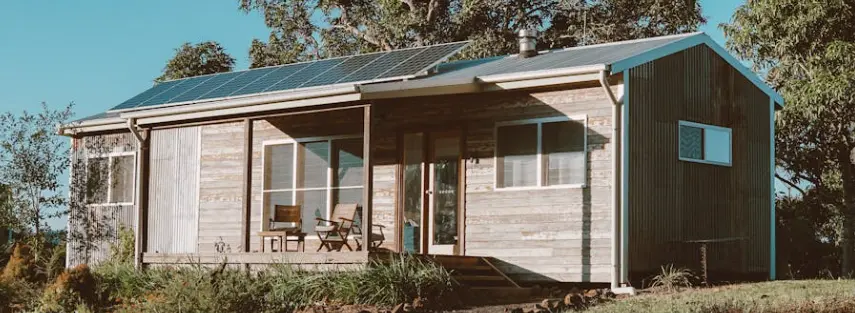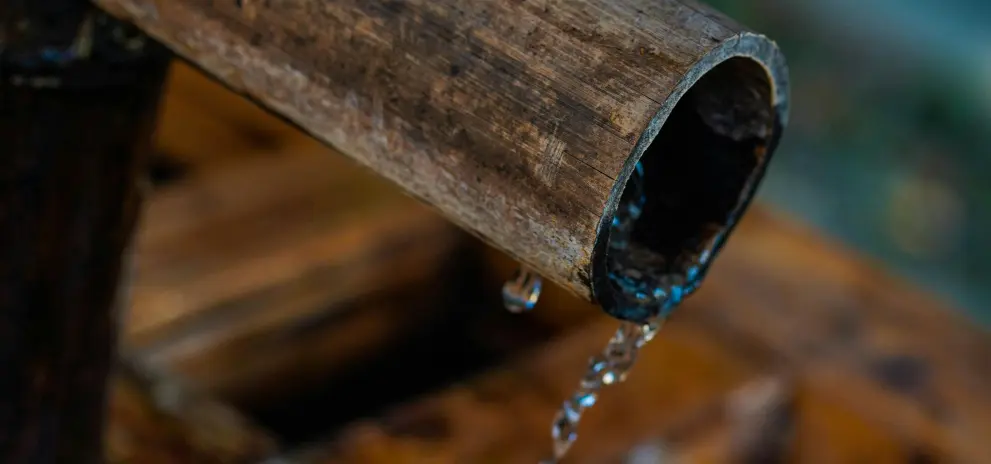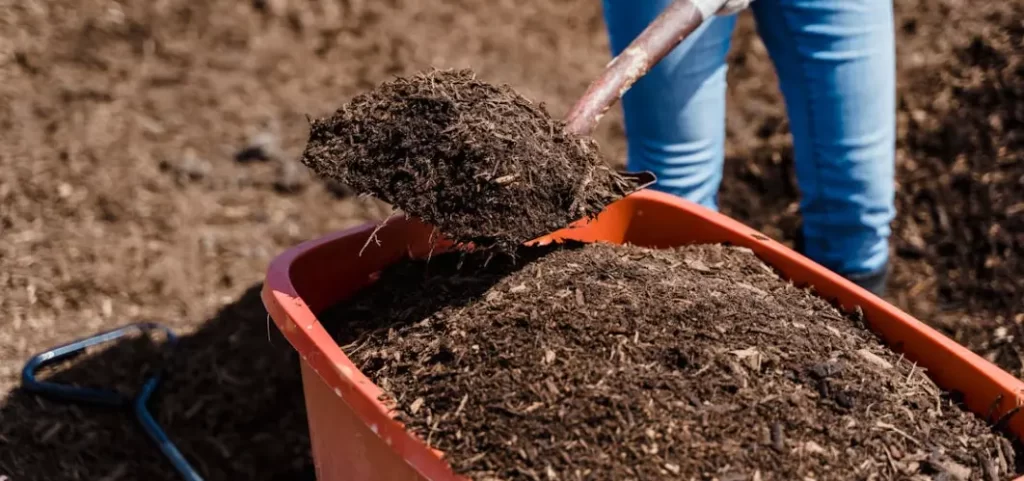
Living off the grid offers a unique opportunity to embrace sustainability, self-sufficiency, and a closer connection to nature. Whether you’re looking to reduce your environmental footprint, achieve energy independence, or simply enjoy the tranquility of remote living, understanding the essentials of off-grid living is crucial. This article explores the key components of off-grid living, including energy generation, water sourcing, and waste management, to help you create a sustainable and self-reliant lifestyle.
Energy Generation: Harnessing Renewable Power
One of the most critical aspects of off-grid living is generating your own energy. Solar power is a popular choice due to its accessibility and declining costs. Installing solar panels, along with a reliable battery storage system, allows you to capture and store energy from the sun, providing electricity even during cloudy days and nighttime. Wind turbines are another viable option, particularly in areas with consistent wind patterns. For those near water sources, micro-hydro systems can generate electricity by harnessing the flow of water. Combining multiple energy sources can create a more resilient and reliable off-grid power system.

Water Sourcing: Ensuring a Steady Supply
Access to clean water is essential for off-grid living. Rainwater harvesting is an effective method to collect and store water for household use. Setting up a rainwater collection system involves installing gutters, downspouts, and storage tanks to capture and filter rainwater. Additionally, wells can provide a consistent water supply, but it’s important to ensure the water is tested and treated for safety. For those near natural water bodies, portable water filtration systems can make river or lake water safe for consumption. Implementing water conservation practices, such as low-flow fixtures and mindful usage, can further enhance your water security.

Waste Management: Eco-Friendly Solutions
Proper waste management is vital to maintaining a healthy and sustainable off-grid lifestyle. Composting toilets are an eco-friendly alternative to traditional septic systems, converting human waste into compost that can be safely used in gardens. Greywater systems, which recycle water from sinks, showers, and laundry for irrigation, reduce water waste and promote efficient use of resources. Managing solid waste involves recycling, composting organic materials, and minimizing non-biodegradable waste. By adopting sustainable waste management practices, you can reduce your environmental impact and maintain a cleaner living environment.

Living off the grid requires careful planning and a commitment to sustainability. By focusing on essential components such as energy generation, water sourcing, and waste management, you can create a self-sufficient and eco-friendly lifestyle. Embracing renewable energy sources like solar, wind, and hydro power ensures a reliable supply of electricity, while rainwater harvesting and well systems provide access to clean water. Implementing composting and greywater systems helps manage waste sustainably. As you embark on your off-grid journey, remember that continuous learning and adaptation are key to thriving in a self-reliant and sustainable way of life. By mastering these off-grid essentials, you can enjoy the freedom and fulfillment that comes with living independently and harmoniously with nature.





